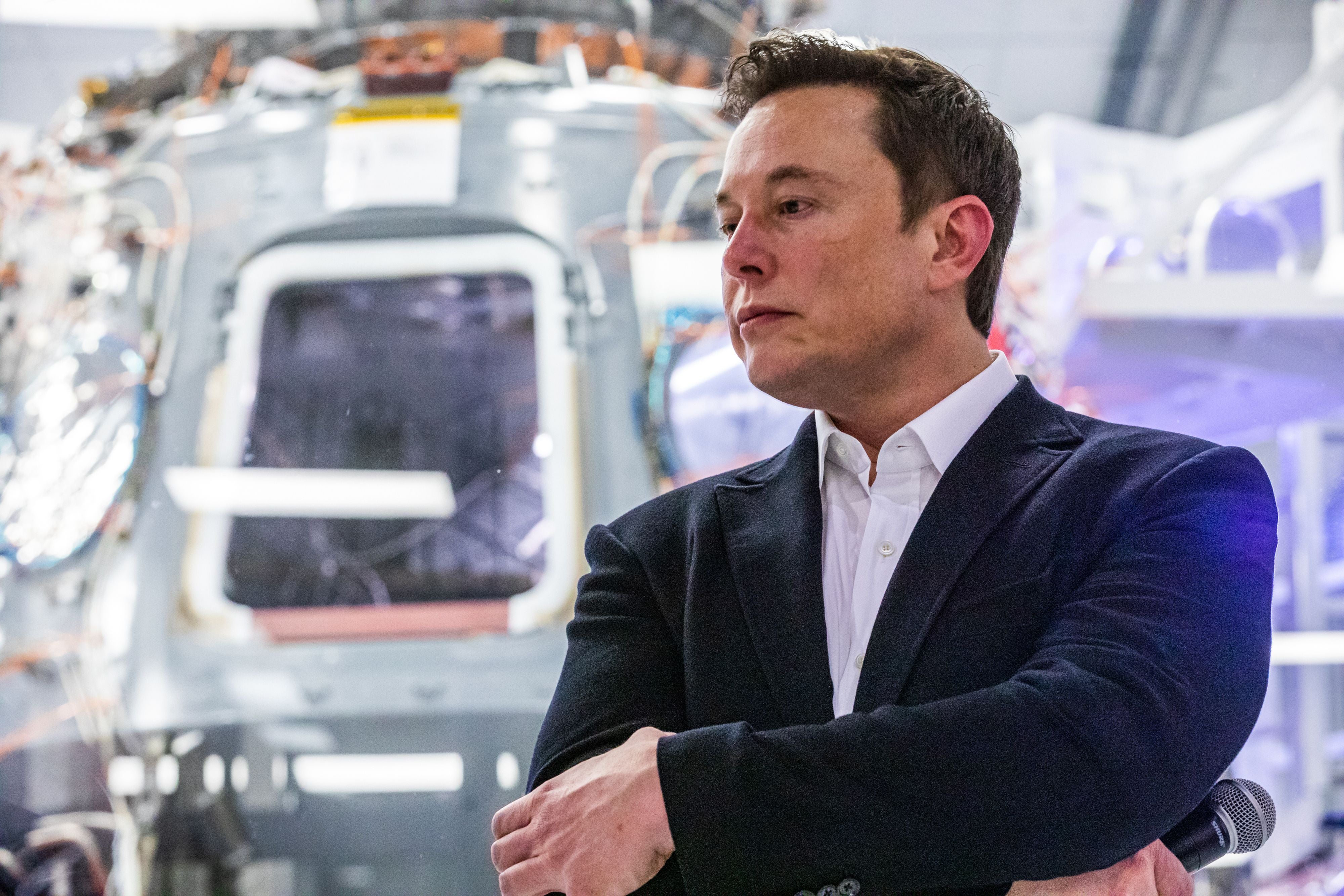How Elon Musk made his money - from emeralds to SpaceX and Tesla
The CEO has been the world’s richest man and played a key part in some of the most well-known technology companies around today

Your support helps us to tell the story
From reproductive rights to climate change to Big Tech, The Independent is on the ground when the story is developing. Whether it's investigating the financials of Elon Musk's pro-Trump PAC or producing our latest documentary, 'The A Word', which shines a light on the American women fighting for reproductive rights, we know how important it is to parse out the facts from the messaging.
At such a critical moment in US history, we need reporters on the ground. Your donation allows us to keep sending journalists to speak to both sides of the story.
The Independent is trusted by Americans across the entire political spectrum. And unlike many other quality news outlets, we choose not to lock Americans out of our reporting and analysis with paywalls. We believe quality journalism should be available to everyone, paid for by those who can afford it.
Your support makes all the difference.Elon Musk, the head of SpaceX and Tesla, has begun his Twitter takeover.
The infamous CEO, whose tweets move markets and have caused cryptocurrencies to surge and crash, held the title of world’s richest person earlier this year – despite strong competition from other billionaires.
Mr Musk’s journey to such unimaginable wealth started from a position of financial privilege, albeit one of emotional abuse. His mother, Maye Musk, was a model who has featured on the covers of numerous magazines including Time and Vogue.
In 1969 she was a finalist in the Miss South Africa beauty competition, and one year after that married Elon Musk’s father, Errol Musk. In the mid-1980s, the family profited handsomely from Errol Musk’s purchasing of an emerald mine, after selling their airplane for £80,000 (the equivalent of £320,000 today).
“We went to this guy’s prefab and he opened his safe and there was just stacks of money and he paid me out, £80,000, it was a huge amount of money,” Errol Musk said, according to Business Insider. Errol Musk was then made another offer: to spend £40,000 on an emerald mine. “I said, ‘Oh, all right’. So I became a half owner of the mine, and we got emeralds for the next six years,” Errol Musk said.
As a result of this, the teenage Elon Musk once walked the streets of New York with emeralds in his pocket. His father said: “We were very wealthy. We had so much money at times we couldn’t even close our safe,” adding that one person would have to hold the money in place with another closing the door. “And then there’d still be all these notes sticking out and we’d sort of pull them out and put them in our pockets.”
Following his teenage years, Mr Musk’s personal wealth multiplied massively through his business ventures. In 1995 Elon Musk, and his brother Kimbal Musk founded the web software company Zip 2. That company was eventually purchased by Compaq in 1999 for $307 million in cash, with Mr Musk receiving $22 million for his seven per cent share.
Mr Musk then founded X.com, an online financial payment company that would merge with the online bank Confinity, founded by Peter Thiel.
It was Confinity’s own money-transfer service, PayPal, that became the official title for the banking venture - but eventually Musk was replaced by Peter Thiel as CEO in 2000 and PayPal was bought by eBay in 2002. Musk, as the largest shareholder in the company, received over $100 million, with reports saying the full figure is somewhere between $165 and $180 million.
It was using these funds that Mr Musk developed SpaceX in 2002 and Tesla in 2003 – although Mr Musk only became chairman of the electric car company in 2004.
Tesla had shaky developments, with Mr Musk saying that the money he made from selling PayPal was “bet” on SpaceX and Tesla. Kimbal Musk said that his brother was "In debt," and "more than broke."
But in 2008, Nasa awarded SpaceX a $1.6 billion for 12 flights to the International Space Station, and last April netted a $3 billion contract to take humans to the moon. Two years later, Tesla raised $226 million in a public offering that June, becoming the first car company to go public since Ford in 1956.
In 2018, Musk revealed that he planned to finance SpaceX’s Mars plans by selling a “major” stake in Tesla at some point in the future.
At the time, Tesla shares were worth around $60; they are worth ten times that amount today, although there have been criticisms of Mr Musk’s comments on the valuation of his electric car company – after tweeting that he would take Tesla private for $420 per share.
His tweets prompted the US Securities and Exchange Commission (SEC) to file a lawsuit against Mr Musk, resulting in him stepping down as chairman and paying a $20 million fine.
If Mr Musk’s net worth was distributed evenly among all 328 million people in the US, each one would receive approximately $600.

Join our commenting forum
Join thought-provoking conversations, follow other Independent readers and see their replies
Comments